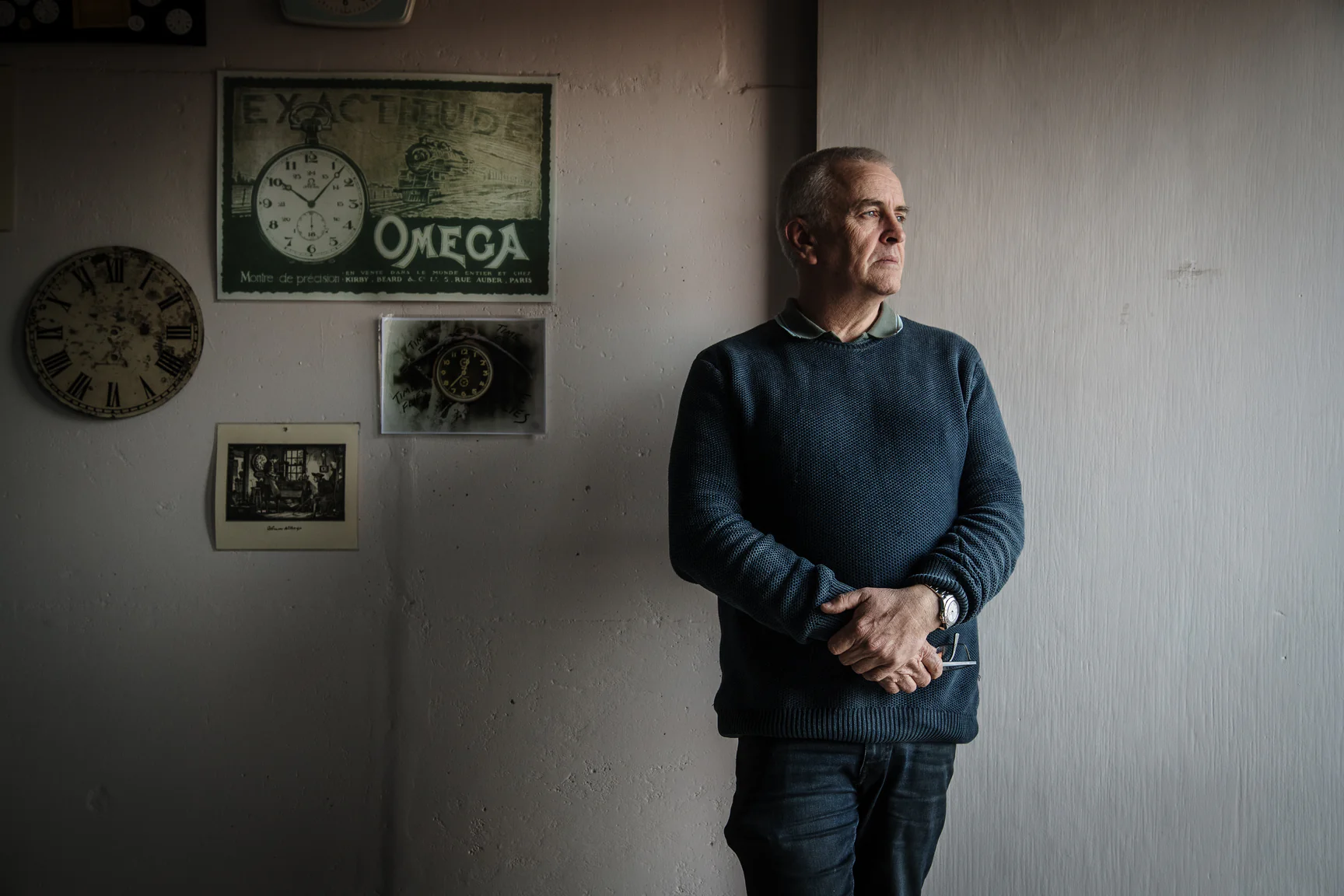What is a horologist?
A skilled person who makes, repairs, and restores old and antique timepieces. I’m asked that question a lot; people think medical for some reason. In a way, that’s probably right because I’m a watch and clock doctor.
How long have you been a horologist?
Since December 1992.
What does a typical day at Clockwise look like?
Every day is different; the jobs vary so much. A workday can include removing clock movements from cases, disassembling, and assessing the problems. Clock and watch movements are cleaned, and necessary repairs done; time taken varies depending on the job. Clock movements are re-assembled and tested on a level surface for several days. Customers come and go, either dropping off or picking up a repair, sometimes just for a chat, quote, or advice. Some of the quicker jobs are watch batteries, watch bands, and replacing quartz battery movements on modern clocks. Then there are always phone enquiries, record keeping, sourcing hard-to-find parts (either from suppliers or in the workshop), house calls to pick up, deliver and set up clocks, as well as maintenance of the Launceston Town Clock.
Which repair is the most memorable?
Definitely the repair and restoration of a Delander clock. You can read about this in detail on our blog ‘Restoring a Delander.’
What type of clocks are your favourite and least favourite to repair?
My favourites are high-quality English bracket or Thomas Cole clocks because they’re beautifully made and a delight to work on. Least favourite would have to be cuckoo and 400-day clocks. They tend to be fiddlier and less likely to go to plan.



